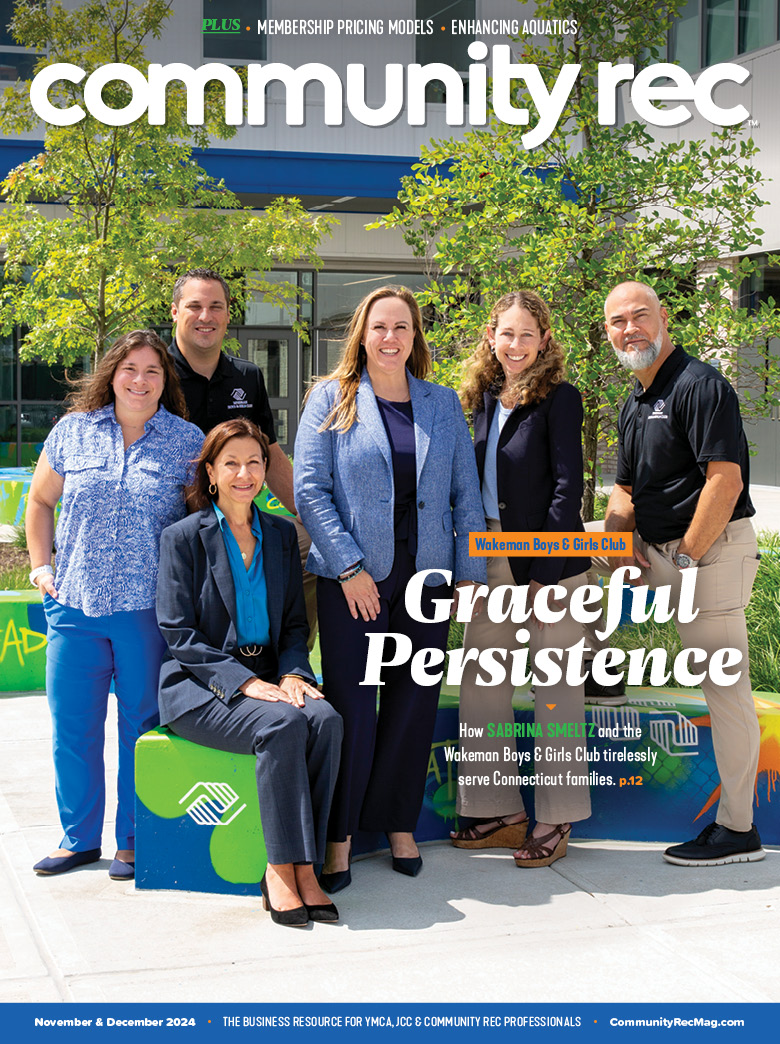All youth sports programs should have very similar goals to bring the best out of your participants. These should be outlined in your policies and procedures along with your mission statement. Engrain these things in your parents, coaches and players to ensure they know what your program is all about and understand what’s expected when they participate. This will create the positive culture you want at every level of your program. Here’s a list of goals all youth sports programs should have:
1. Safety.
Safety is one of the most important things you need to focus on when running games and practices. If you cannot provide your program in a safe environment, it shouldn’t happen. There’re several things you can do to ensure your program is safe like conducting background screens, having risk management plans, having proper training and supervision, and ensuring you have proper equipment. All this goes a long way to make sure you avoid serious incidents.
2. Skill Development.
Your recreation league should act as a feeder league to higher level travel competition, clubs, high school and eventually college. The better your young athletes develop in your recreation program, the better those teams and athletes will perform when they get those higher levels. Partner with your local high school or club teams to assist in training your coaches and do some of the things they do at the high school or college level to start teaching your kids. If that’s too much for your program, at the very least make sure your coaches are well trained in-house and have the resources needed to develop their players.
3. Fun.
Your recreation program is in place for the kids to have fun — not to get a college scholarship and not to win championships. They are supposed to be able to play, learn and have fun. Make sure this is a top priority, and if you notice kids not having fun, find out why because it may cause them to quit sports forever. Remember, it’s all about the kids.
4. Teamwork.
Learning to work together as a team will have lasting effects on these kids in many aspects of their lives. Promote it throughout your program.
5. Positivity.
Too often kids scolded or yelled at when they make a mistake. Keep it positive. Constructive criticism is OK. You can always tell your coaches and parents if you have to be negative, make sure it comes along with two positives. This is a way to notify the child of the mistake but keep their morale high by telling them what they did well. If you hear too much negativity, shut it down immediately because it will spread like a virus throughout your program.
6. Sportsmanship.
All participants, parents and coaches should be taught sportsmanship from the moment they step on the field for the first time. They need to learn how to be humble after a win, how to act when a call doesn’t go their way and how to take a loss. Treat all players with respect, cheer for both teams, follow the rules of the game, and shaking hands after games are all things that should be engrained in your youth athletes, parents and coaches.
7. Competition.
The focus of the program should not be win at all costs. Kids need to learn how to compete and understand about winning and losing. Not always coming up on top is OK, and kids will learn much more from losing than winning.
8. Don’t Focus on Game Results.
Many of your coaches and parents will focus on the result of the game as the end all, say all to their experience in your program. If you are focused on this as well, it will make it even more hyper-focused. It’s OK to post results, have standings, have playoffs and crown a league champion, but make sure parents and coaches understand this is the last thing everyone should be focused on. We use these things to teach competition, not because we care who wins or loses.
Program goals and expectations are an essential part of any youth sports program and will go a long way to running your program at a high level.










